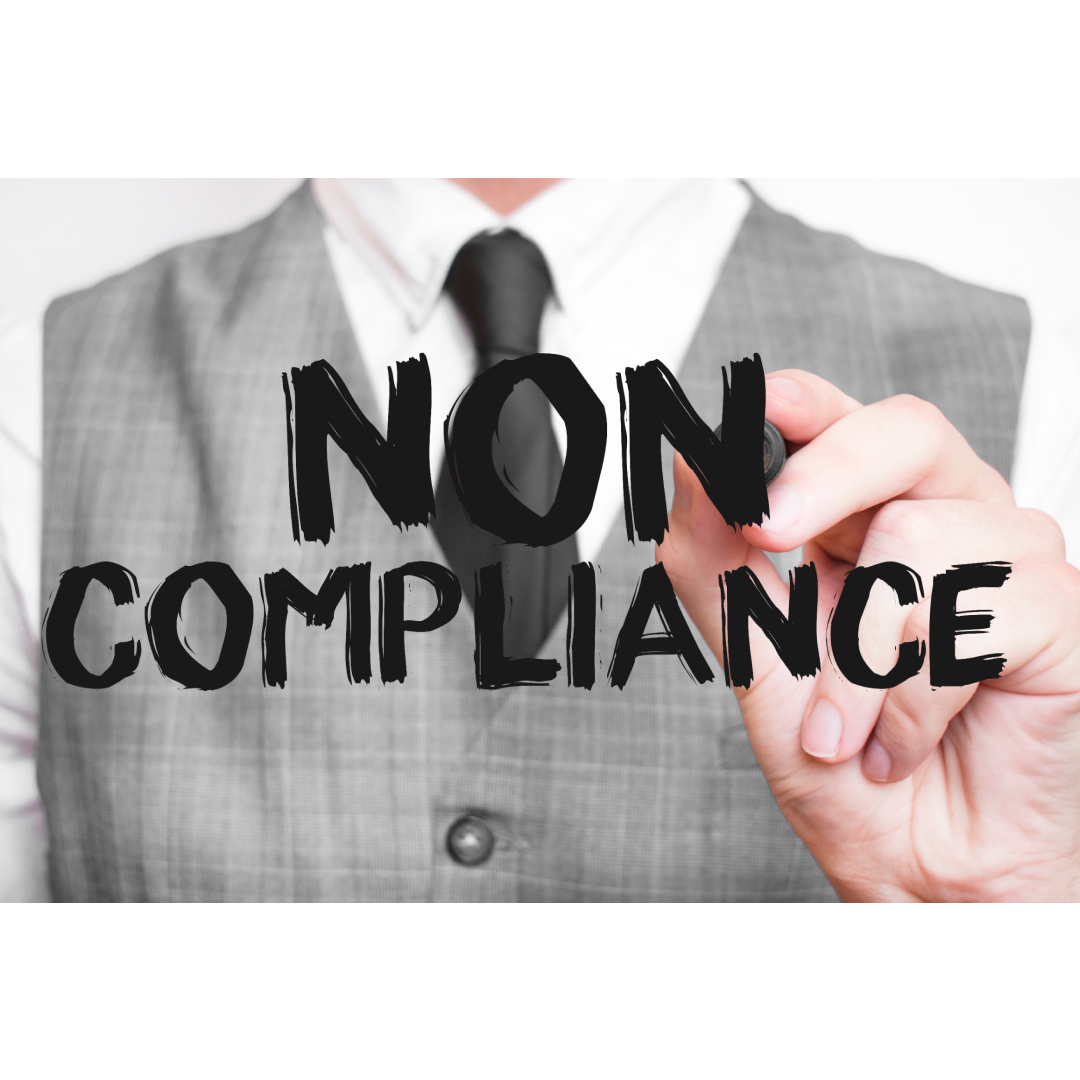In today’s fast-paced and interconnected world, a sound regulatory framework is essential for maintaining order, protecting public interests, and ensuring fair business practices. Regulations are designed to set standards and principles guiding behavior in various sectors, including finance, healthcare, environmental protection, and many others. However, the mere existence of these rules is not enough; enforcement is critical to their effectiveness. This article explores the importance of enforcement action in maintaining a sound regulatory framework.
1. Ensuring Compliance
The primary role of enforcement in a regulatory framework is to ensure compliance with established rules and laws. When regulatory bodies actively enforce rules, they deter entities from engaging in illegal or unethical behavior due to the fear of penalties, such as fines, sanctions, or reputational damage. For instance, the Securities and Exchange Commission (SEC) in the United States actively monitors and enforces compliance with financial regulations to prevent fraud and maintain fair markets.
2. Maintaining Public Trust
Effective enforcement helps to maintain public trust in both the regulatory bodies and the industries they regulate. When the public sees that regulators are actively overseeing industry practices and holding violators accountable, it reinforces the belief that the system is working as intended. This trust is crucial, especially in sectors where safety and health are concerned, such as the pharmaceutical industry or food services.
3. Protecting Consumers
Consumer protection is a cornerstone of many regulatory frameworks. By enforcing regulations, agencies protect consumers from harmful practices and ensure they are treated fairly. Without stringent enforcement, the rights of consumers could be easily undermined by unscrupulous businesses seeking to exploit regulatory loopholes for their own gains.
4. Promoting Fair Competition
Enforcement actions are vital in promoting fair competition among businesses. By ensuring that all entities play by the same rules, regulators help to create a level playing field. This prevents monopolistic practices and fosters an environment where innovation and efficiency are rewarded, benefiting the overall economy. For example, antitrust laws enforced by competition bureaus around the world help to prevent the formation of cartels and monopolies, encouraging healthy competition.
5. Adapting to New Challenges
Regulatory frameworks must evolve with changing societal norms, technological advancements, and global trends. Enforcement plays a role in this adaptation by identifying gaps in existing regulations and highlighting areas where new policies are needed. Through enforcement actions, regulators can gather insights into how rules perform in real-world scenarios, which can inform future legislative processes.
6. Enhancing International Cooperation
In an era of globalization, enforcement of regulations often requires international cooperation. Countries increasingly collaborate to tackle cross-border challenges such as financial crimes, cyber threats, and environmental issues. Effective enforcement helps to harmonize standards across borders, making it easier for countries to work together in addressing these challenges.
Conclusion
Enforcement is the linchpin of a sound regulatory framework. Without it, the effectiveness of regulations would diminish, potentially leading to a disorderly market, unfair practices, and a loss of public trust. It is the enforcement actions by regulatory bodies that breathe life into the statutes, ensuring that the rules are not just theoretical guidelines but active tools for promoting fairness, safety, and accountability in society. By continuing to invest in and focus on robust enforcement, governments and regulatory agencies can ensure that their regulations fulfill their intended purposes, adapting to new challenges and maintaining order in an ever-evolving world.






